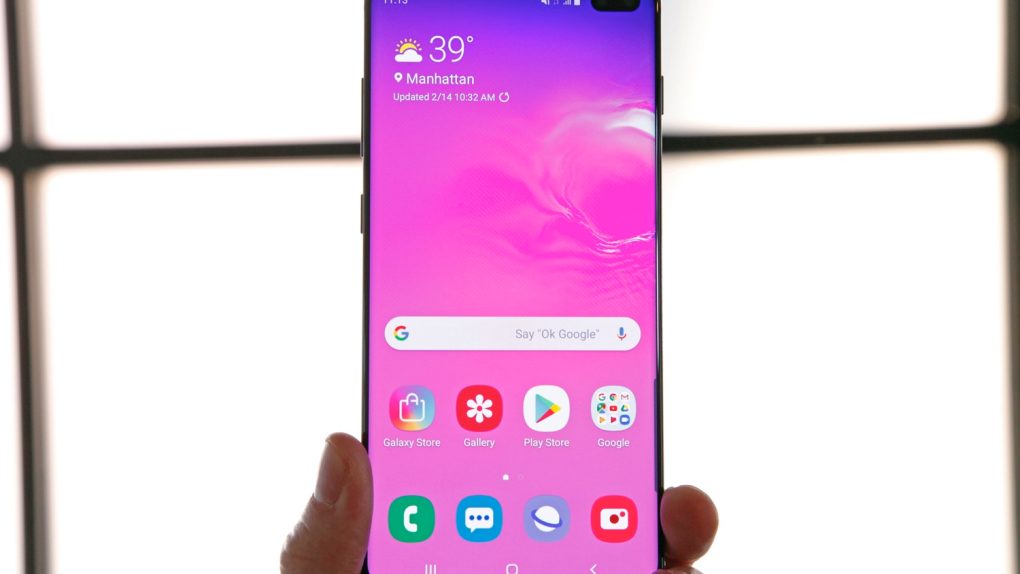With less than one month to go until Samsung unveils its next-generation Galaxy S20 flagship smartphone lineup, nearly everything there is to know about the upcoming new phone series has already leaked. In fact, earlier on Monday we showed you the first real-life photos of the Galaxy S20+, the basic phablet version of Samsung’s upcoming new flagship smartphone series. Those photos confirmed plenty of details about the new phone, including the fact that Samsung did indeed decide to skip from Galaxy S10 all the way to Galaxy S20 rather than call its next flagship phones Galaxy S11. We’ve been told it’s to align the name with the year 2020, but we’ve also heard from a little birdy that Samsung didn’t want to keep releasing its new 2020 flagship handset with a number that was the same as last year’s iPhone 11 and one digit behind this year’s upcoming iPhone 12 series.
Whatever the case, we know enough about Samsung’s upcoming Galaxy S20 series to know that it’s going to be fantastic. The Galaxy S20 will replace the Galaxy S10e as Samsung’s entry-level flagship phone (just one year after Apple ditched the “R” and succeeded the iPhone XR with the iPhone 11 — who’d a thunk it?!), while the Galaxy S20+ and Galaxy S20 Ultra will be the best and fastest smartphones Samsung has to offer for the first half of 2020. Now, thanks to a new leak on Monday, we know that Samsung’s best and fastest flagships of the first half of 2020 still aren’t even as powerful as last year’s iPhone 11 series.
Given what we’ve seen in the past from Samsung and other Android phone vendors, we’re not sure anyone expected anything different. Even with that in mind, however, it’s still pretty crazy to think about how far ahead of its rivals Apple is when it comes to the company’s A Series chipsets and overall mobile device performance.
The screenshot above shows the results of a Geekbench 5.1 benchmark test performed on a Samsung smartphone with the model number SM-G986U. Thanks to earlier leaks that have now been confirmed, we know that this phone is the Snapdragon 865-powered Galaxy S20+ that will be released in the US and China. So, how does the phone do on this popular benchmark test? Very well, in fact — the Samsung Galaxy S20+ scored a 923 on the single-core test and a 3267 on the multi-core test.
Compared to other Android phones, that’s quite impressive. But compared to Apple’s iPhone 11 and iPhone 11 Pro from 2019, these scores fall short. As you can see for yourself, the iPhone 11 scores 1328 and 3327 on the same test, and the iPhone 11 Pro with an additional 1GB of RAM scores a 1330 and 3425. Speaking of RAM, it’s pretty crazy that the iPhone 11 with 3GB of RAM and the iPhone 11 Pro with 4GB of RAM both crush the upcoming new Samsung Galaxy S20+, which we can see from the screenshot above has a whopping 12GB of RAM.
Samsung is set to unveil its new Galaxy S20 series alongside the Galaxy Fold 2 during a press conference on February 11th in San Francisco. These new flagship phones will be impressive indeed, but don’t expect them to be as fast or as powerful as last year’s iPhone 11 series, let alone this year’s iPhone 12.








